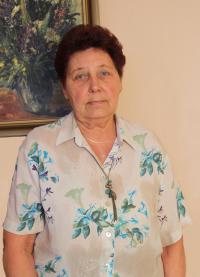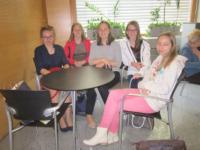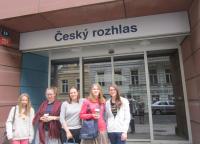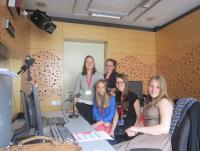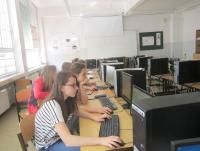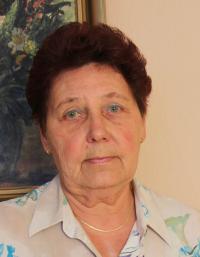After 1989 I was going to work unhappily every day, because there was no work to do. It was traumatizing for me

Stáhnout obrázek
Hana Vondráčková was born April 3, 1939 in Prague. Her father directly experienced the air raid on Prague on February 14, 1945 when the bombing completely destroyed the house near which he was hiding. He also took part in the Prague Uprising: as a baker by profession, he helped to provide bread for residents of Prague. After the war Hana attended an elementary school and then a municipal school in Braník, and then she worked as a draftswoman in the Chirana company. In 1962 she married and her daughter was born four years later. In 1968 she began working in the company ČKD - Semiconductors, where she worked at first as a draftswoman and later as a secretary. The company began to experience great difficulties after 1989 due to its major focus on contracts with East Germany and the Soviet Union. Together with her friends from Chirana, Hana purchased the former company‘s recreation lodge in the Krkonoše Mountains and she has been going there since then.
